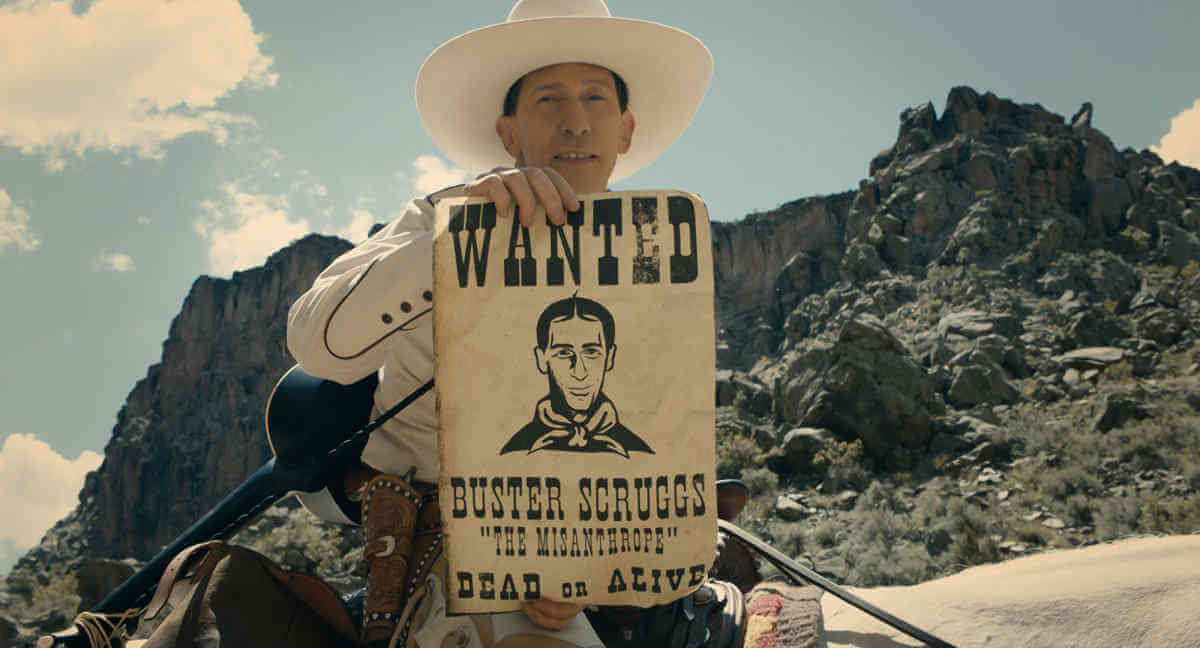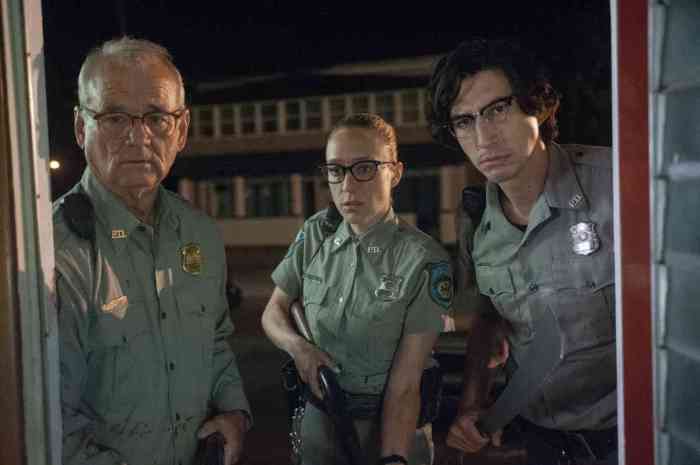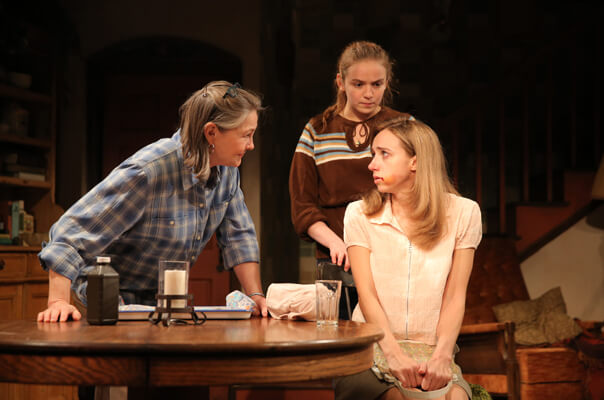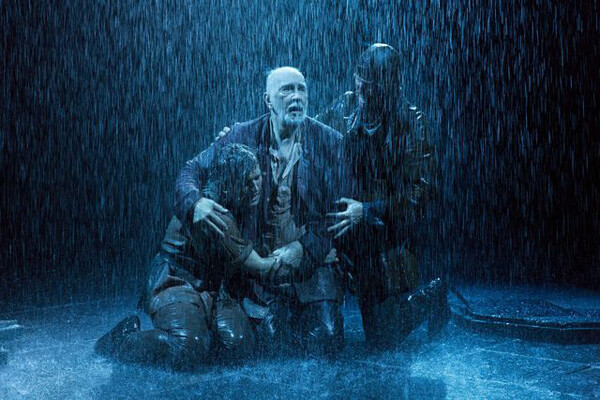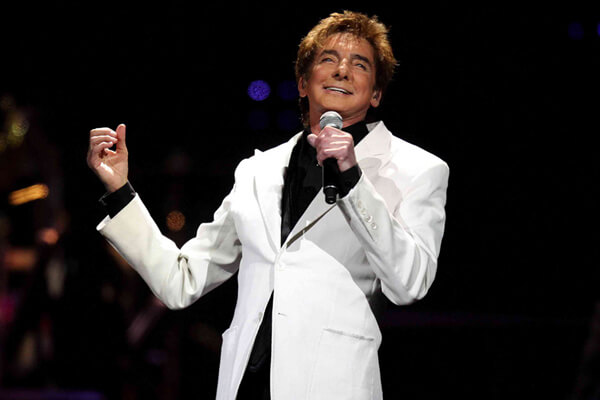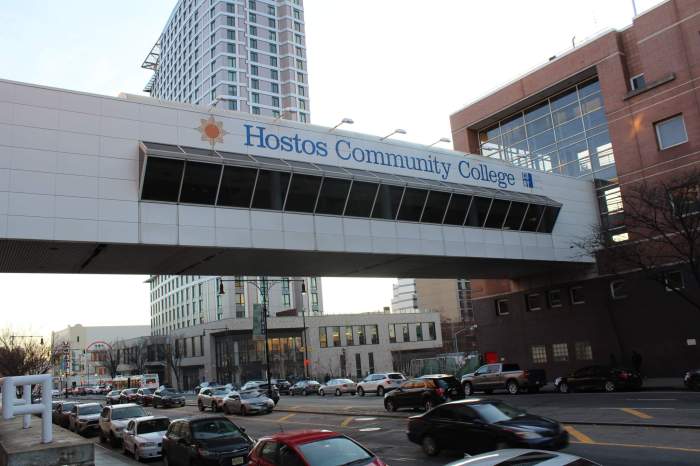When the Coen brothers’ six-part “The Ballad of Buster Scruggs” was originally announced, I wondered if it were a mini-series condensed into a film, given that its distributor is Netflix. The lines between cinema and television are very thin these days. Now that I’ve seen “The Ballad of Buster Scruggs,” I know that each segment’s length differs. While some could fruitfully be expanded to be an hour, others are miniatures. They are supposed to be stories collected in an illustrated book. Still, the weakest is the shortest, “Near Algodones,” which doesn’t do much beyond establishing a mood of (literal) gallows humor.
In the short that gives the whole feature its title and kicks it off, Buster Scruggs (Tim Blake Nelson) is nicknamed “the Misanthrope” and speaks to the audience directly. He also sings. He might be a coded stand-in for the filmmakers and a way to address their complicated depictions of violence. He shoots his enemies in a manner that the film initially seems to depict flippantly, and several critics at the press screening I attended laughed at these scenes. But while he dances on top of a bar singing about his victory over Curly Joe, a friend of Curly Joe’s looks in horror at his corpse. While Scruggs’ first victims are depicted dying from tiny, dime-shaped bullet hits in their foreheads, Curly Joe’s face has turned an ugly mix of red and purple. In a shoot-out, Scruggs blows off the fingers of his enemy, an image reminiscent of the finale of “Taxi Driver.” His constant banter with the audience in talk and song suggests that he’s in control of the narrative, but this doesn’t last through the end of the short or guarantee him endless power. Scruggs’ bland looks, tissue-thin veneer of dumb innocence, and good cheer earn him too many victims’ trust. He looks like he should be a hero and obviously thinks he is, but he’s a sociopath. Nelson plays this blitheness perfectly, reminiscent of a lot of powerful men who aren’t outlaws.
Sudden, unexpected violence is a repeated motif here. The fourth short, “All Gold Canyon,” is about an unnamed prospector (Tom Waits) who spends his time alone by choice but can’t protect himself from danger. The third short, “Meal Ticket,” explores the intricately dependent relationship among a carnival impresario (Liam Neeson), his armless and legless attraction (Harry Melling), and a chicken. A sense of masculine alienation and loneliness runs through the film’s first two thirds, in which women barely appear. Many characters aren’t even given names. There is a female presence in the final two shorts, but Zoe Kazan’s “Gal Who Got Rattled” is the only one that plays a central role in the narrative.
Even if the Coen brothers began working years before Quentin Tarantino, the overlap between their sensibilities hangs over this film. The most common criticism of the Coen brothers’ films has been that they set up cruel worlds in order to laugh at their characters, especially when their work has been set in the rural Midwest or South. I think that’s quite valid for the overrated “Fargo” and “O Brother, Where Art Thou?” However, if both Tarantino and the Coens have a fondness for mixing comedy and gore that angers moralists, this film’s interest in the Western seems like something more than postmodern pastiche. “The Ballad of Buster Scruggs” doesn’t exactly play like a ‘70s “revisionist Western.” In one place, this hurts it: Native Americans are reduced to a distant menace, without ever being developed as real characters.
The film is recognizably part of the same universe as their far more sober remake of “True Grit.” French cinematographer Bruno Delbonnel gives each section a different look, moving from snowbound atmosphere to lush greenery. Throughout, people are tiny dots trapped in huge landscapes, and their interactions with others are menacing enough (if not outright deadly) to make such isolation seem appealing. Without its sense of humor and the beauty supplied by its visual style, the bleakness of “The Ballad of Buster Scruggs” would be so obvious that much of its potential audience would tune out, especially when they can instantly switch to something else on Netflix. Laughing at men like Scruggs is a way to keep from freaking out at the damage they do.
THE BALLAD OF BUSTER SCRUGGS | Directed by Joel Coen & Ethan Coen | Annapurna/ Netflix | Opens Nov. 9 | Landmark at 57 West, 657 W. 57th St.; landmarktheatres.com | Also streaming on Netflix

